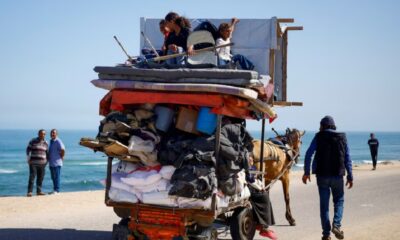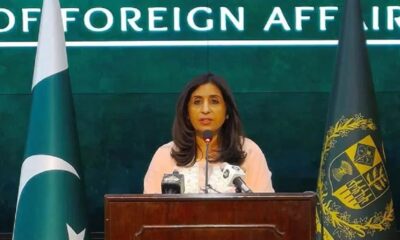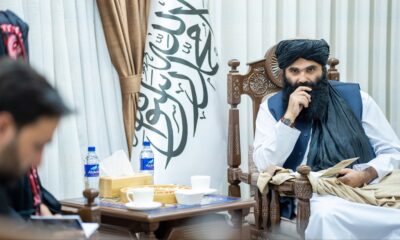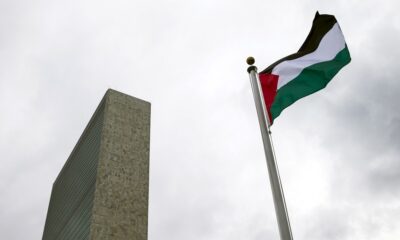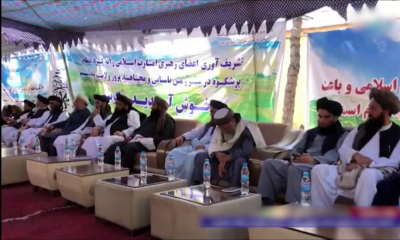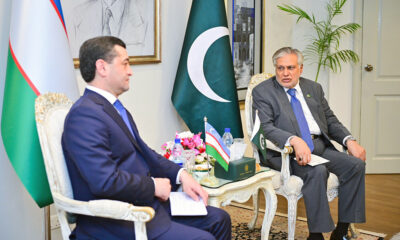Latest News
Poverty is a multi-dimensional and historic issue in Afghanistan: Ghani
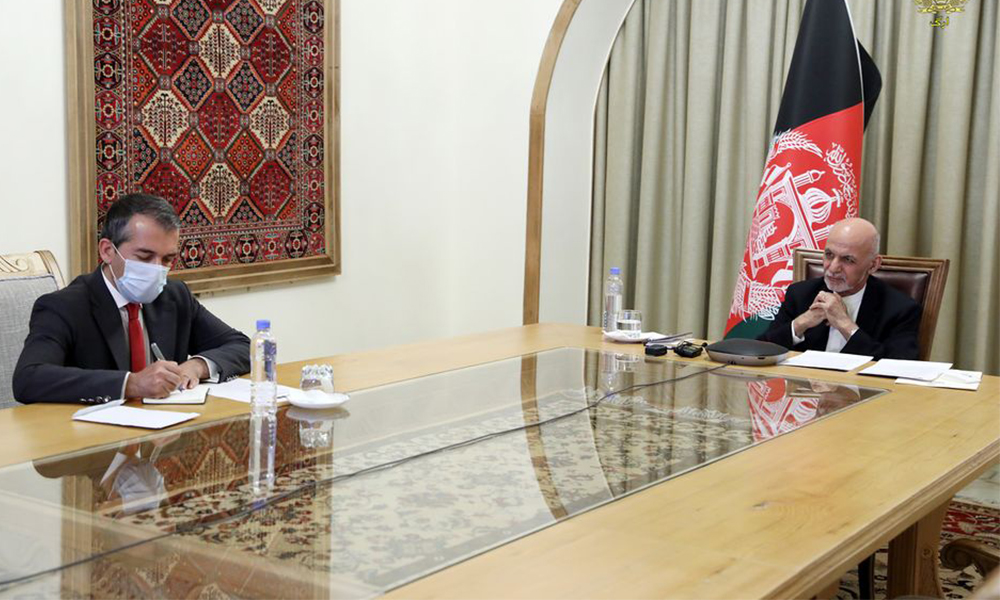
President Ghani says that the Covid-19 pandemic has plunged the world into turmoil, uncertainty, and unprecedented risk.
Addressing a side event – Poverty at the Cross Road: Using leadership and the multidimensional poverty index to build back better – on the sideline of the 75th session of United Nation General Assembly on Thursday, Ghani said that the pandemic has exposed existing vulnerabilities and shortcomings in our systems and normal modes of conduct.
“It wreaked havoc on lives and livelihoods, particularly for the poor and disadvantaged. It posed an unparalleled challenge to our scientific and technological capabilities, and an existential threat to our medical professionals who have been on the front lines of a war for which we were not prepared,” Ghani added.
“The virus arrived in Afghanistan at the end of February in Herat province, on the border with Iran. The virus peaked in June with an infection rate of 76%. As of September 23, we had recorded 1,446 deaths from the virus. Today, with the virus on the decline, the infection rate is fluctuating daily between 6% and 25%.”
Ghani stated that poverty is one of the most pervasive and complex problems the Afghan people face today and the COVID-19 pandemic” made that even worse for many people.”
He added that the most pressing issue facing people living in poverty is food insecurity.
“In February, it looked challenging because country after country was closing its borders and its economies. We were fortunate, however, to secure the full cooperation of our central Asian neighbors to keep the supply chains functioning.”
Ghani highlighted that poverty is a multi-dimensional and historic issue in Afghanistan. He said it certainly did not start with COVID-19, “so our policy response must also be multi-faceted and must also look far beyond the pandemic.”
President suggests the following priorities for responding to poverty in the country:
First, we need to reach the poor as directly as possible. The Citizen’s Charter is the vehicle of our national community development programs, including the implementation of the National Meal Program. The Citizen’s Charter program is a network of elected community councils in all 34 provinces, where 50% of council members are women.
We are determined to complete the issuance of electronic IDs to every citizen of the country so we can increase their access to mobile money. The goal is that within a year to 18 months, we will be able to reach the poor directly.
Second, we have to enhance our citizen’s assets. The key to this is increasing the productivity of land, labor, and water.
Third, we must align the goals of the market building, state-building, and nation-building. The unifying element here is investing in education, particularly girls’ education and the generation that was denied an education because of 40 years of conflict. Hence the need for a human capital strategy that is tailored to specific contexts.
Fourth, we must utilize our immense natural wealth, ranging from water, sun, and wind, for the generation of renewable energy, and we must tap into the equitable and efficient utilization of our estimated 1 trillion dollars worth of mineral wealth.
Fifth and most importantly, we have to make peace and continue to build peace. We are a country in conflict, losing hundreds of our people every week. Reaching an inclusive peace is the fundamental step in addressing the far-reaching roots of poverty in Afghanistan. The pain inflicted on Afghan society has left scars on each of us as individuals, and on our nation’s collective consciousness.
MPI’s utility lies both in providing a solid basis for policy formation and monitoring of policy implementation. We have, therefore, decided that our National Statistics and Information Authority should use and update it regularly.
Latest News
Pakistan rejects IEA’s allegations of Daesh using its territory against Afghanistan
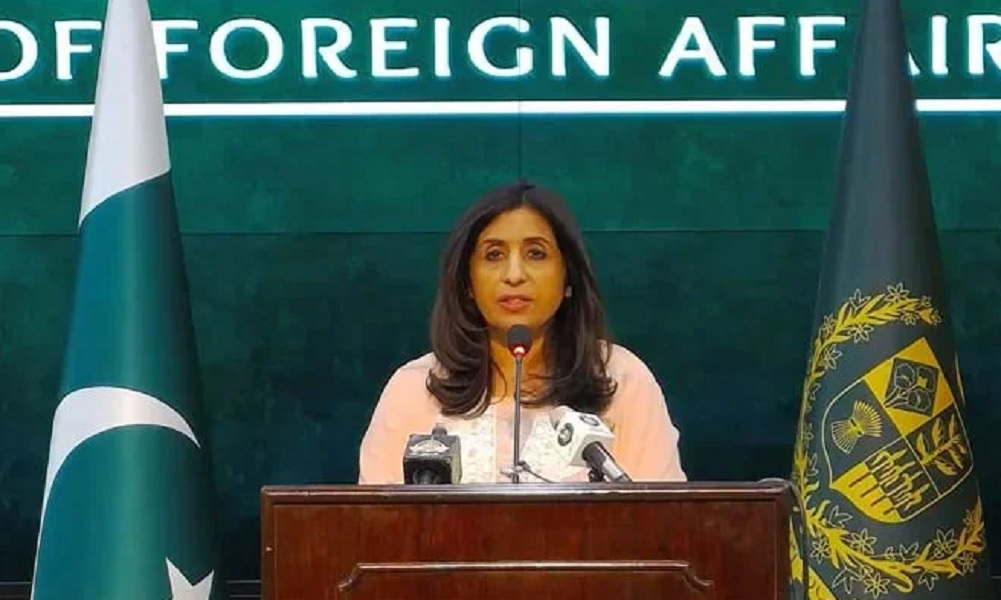
The Ministry of Foreign Affairs of Pakistan on Thursday rejected the statements of the Islamic Emirate regarding the use of Pakistan’s soil against Afghanistan by Daesh, calling the remarks as “unwarranted and irresponsible.”
Mumtaz Zahra Baloch, spokesperson of Pakistan’s Ministry of Foreign Affairs, said in a press conference that instead of such statements, the Afghan authorities should take effective action against all terror groups, based in Afghanistan.
Earlier, the Pakistan Army claimed that last month’s suicide attack that killed five Chinese nationals in Khyber Pakhtunkhwa had been planned in Afghanistan and had been carried out by an Afghan.
In reaction, a spokesman for the Ministry of Defense of Afghanistan, Inayatullah Khwarazmi, said that in an area of Khyber Pakhtunkhwa, which is under the security of the Pakistan Army, the killing of Chinese nationals is either the weakness of the security institutions or their cooperation with the attackers.
He also said: “We have cases where the Daesh entered Afghanistan from Pakistan, and Pakistani soil was used against our soil, and the attacks are planned in that country.”
Pakistan has repeatedly claimed that Afghan soil is being used in attacks against Pakistan, but this was the first time the Islamic Emirate accused Pakistan of not preventing Daesh from entering Afghanistan.
Latest News
Afghans will have a good future under the shadow of Islamic system: Haqqani
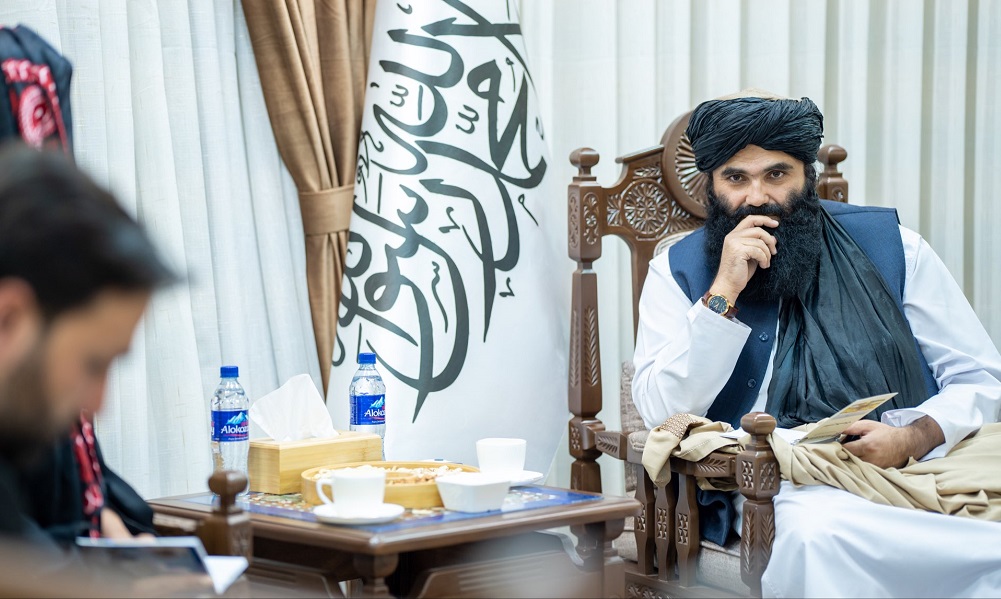
Acting Minister of Interior Sirajuddin Haqqani has said in a meeting with the European Union envoy in Kabul that Afghans will have a good future in peace and under the shadow of the Islamic system.
According to a statement released by the Ministry of Interior on Friday, Haqqani, in his meeting with Raffaella Iodice, the European Union’s Chargé d’affaires to Afghanistan, said that Afghans will work hard, endure hardships and will be on the path of progress.
The EU envoy expressed her hope for continued peace and a better future for Afghans, according to the statement.
Latest News
Kabir urges Panjshiris to encourage their sons in exile to return home
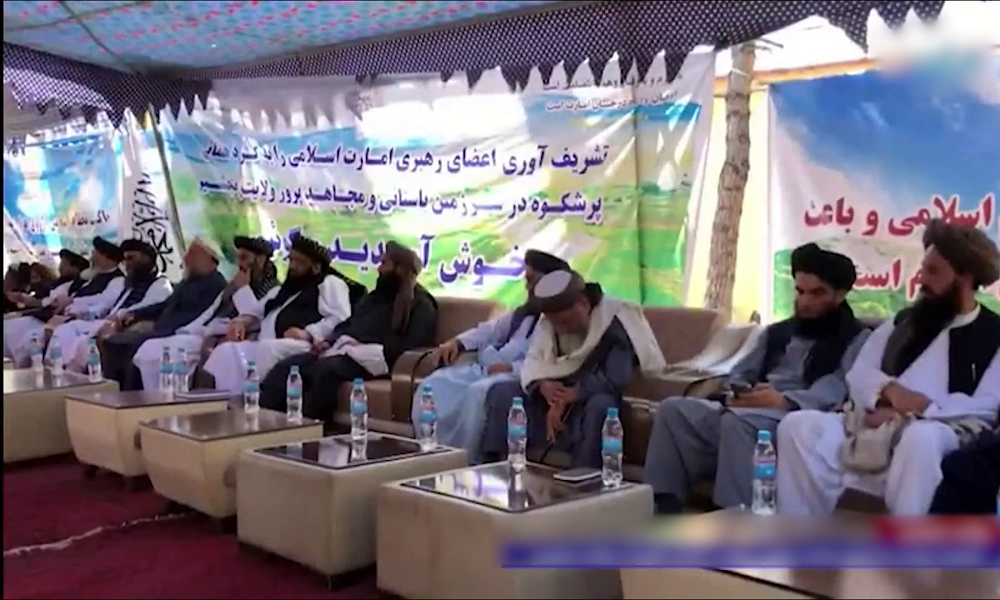
Mawlavi Abdul Kabir, the political deputy prime minister, urged Panjshir residents to encourage their sons living in neighboring countries to return home as the Islamic Emirate has no enmity with anyone.
At a gathering in Panjshir, attended by senior IEA officials, Kabir said that there is currently no space for ethnic and linguistic discrimination as well as hypocrisy in Afghanistan.
He stressed that all Afghans should work together for the construction, development and prosperity of the country.
According to him, IEA’s political and commercial relations with the world are secure and the government is committed to the development and reconstruction of Afghanistan and is doing its best to gain self-sufficiency.
At this gathering, the IEA’s minister of Propagation of Virtue and Prevention of Vice, Mohammad Khalid Hanafi, said that illegal acts in the country have reached zero and that Daesh does not exist in the country. He also said the people of Panjshir will not be deceived by biased people.
“Currently, there is no corruptor and there is no Daesh fighter in Afghanistan, and no one can provide proof [of their existence]. We are one nation. Our religion and beliefs are one,” said Hanafi.
Some residents of Panjshir also said that they support the Islamic Emirate and will share their challenges with the authorities.
-
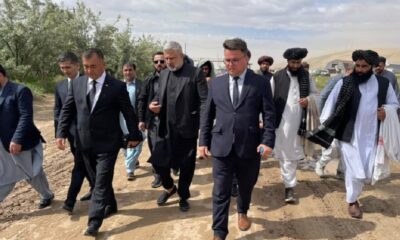
 Business5 days ago
Business5 days agoTurkmenistan business delegation visits Herat
-

 Business4 days ago
Business4 days agoAfghanistan’s Turkey-bound goods via rail cross Tehran
-

 Latest News4 days ago
Latest News4 days agoOIC summit urges IEA to respect girls’ right to education
-
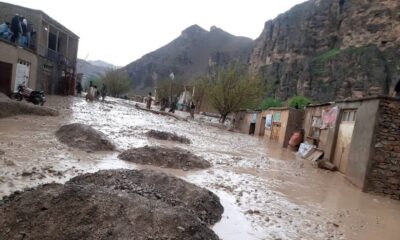
 Latest News5 days ago
Latest News5 days agoHundreds of families displaced due to floods in Ghor
-
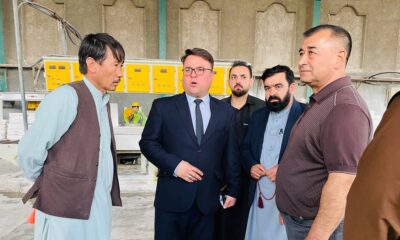
 Business3 days ago
Business3 days agoTurkmenistan’s industrialists keen to buy Herat-made construction material
-

 Sport4 days ago
Sport4 days agoAbu Muslim humiliate Maiwand with 9-1 win; Sohrab Afghan scores 5 goals
-

 World4 days ago
World4 days agoIsraeli authorities raid Al Jazeera after shutdown order
-
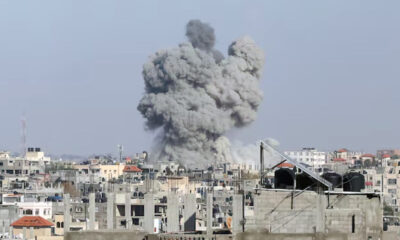
 World4 days ago
World4 days agoHamas says it accepts ceasefire proposal of Egypt, Qatar


